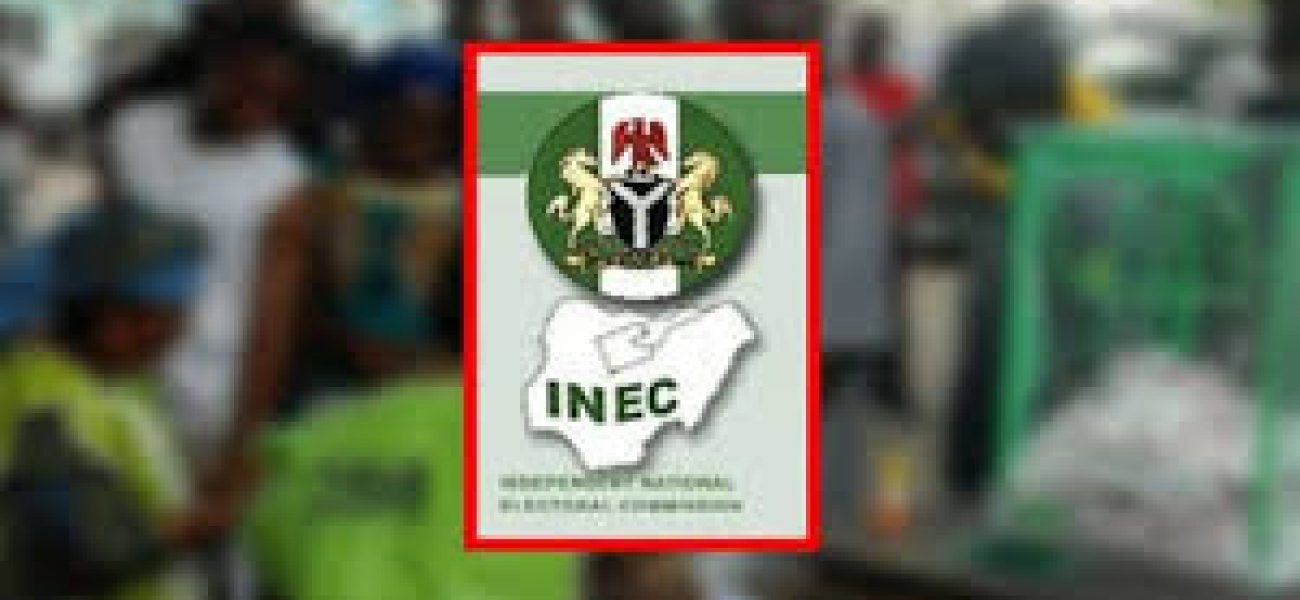The Independent National Electoral Commission’s (INEC) ability to run elections in Nigeria will again come into focus as it sets to conduct elections into 28 Governorship seats and 36 State Houses of Assembly on March 18. The elections which were earlier scheduled for March 11 were postponed by one week to enable INEC carry out the order of the Presidential Election Petition Tribunal, requiring it to allow the Labour party access to the Bi-Modal Voter Accreditation System (BVAS) used in the Presidential and National Assembly elections of February 25. The Labour party had gone to Court to compel INEC to give it access to information contained in the BVAS, as it builds up legal challenge to the result of the Presidential election, which had seen Bola Tinubu, candidate of the All Progressives Congress (APC) declared winner.
According to INEC, the governorship elections will hold in the following States: Abia, Adamawa, Akwa Ibom, Bauchi, Benue, Borno, Cross River, Delta, Ebonyi, Enugu, Gombe, Jigawa, Kaduna, Kano, Katsina, Kebbi, Kwara, Lagos, Nasarawa, Niger, Ogun, Oyo, Plateau, Rivers, Sokoto, Taraba, Yobe and Zamfara. Governorship elections to the remaining 8 States of the Federation fall at different times, in what is referred to as off-cycle elections. These States are Anambra, Bayelsa, Edo, Ekiti, Imo, Kogi, Ondo and Osun States.
Contest into State legislative seats, however, have a certainty of term and duration and consequently hold at the same time in all of the 36 States of Nigeria every four years.
As elections set to hold, Nigerian and international observers will be looking to see how INEC performs given the huge criticisms that accompanied the national level elections of February 25 which were described by most observers as lacking credibility. A key focus will also be on the much talked about INEC Result Viewing (IReV) portal, which failed to function and upload results during the Presidential election. INEC had touted the IReV portal and ability of the BVAS to upload results to it as its game changer for the 2023 general elections. Unfortunately, it has been all talk and no delivery by INEC. Observers will also be on the look-out for incidences of voter suppression and collusion between INEC officials and politicians during the State level elections. another key concern is whether voters who had been disappointed by the failings of INEC in the national level elections, will be able to muster the same level of enthusiasm that manifested in the earlier election, to now come out and vote.

